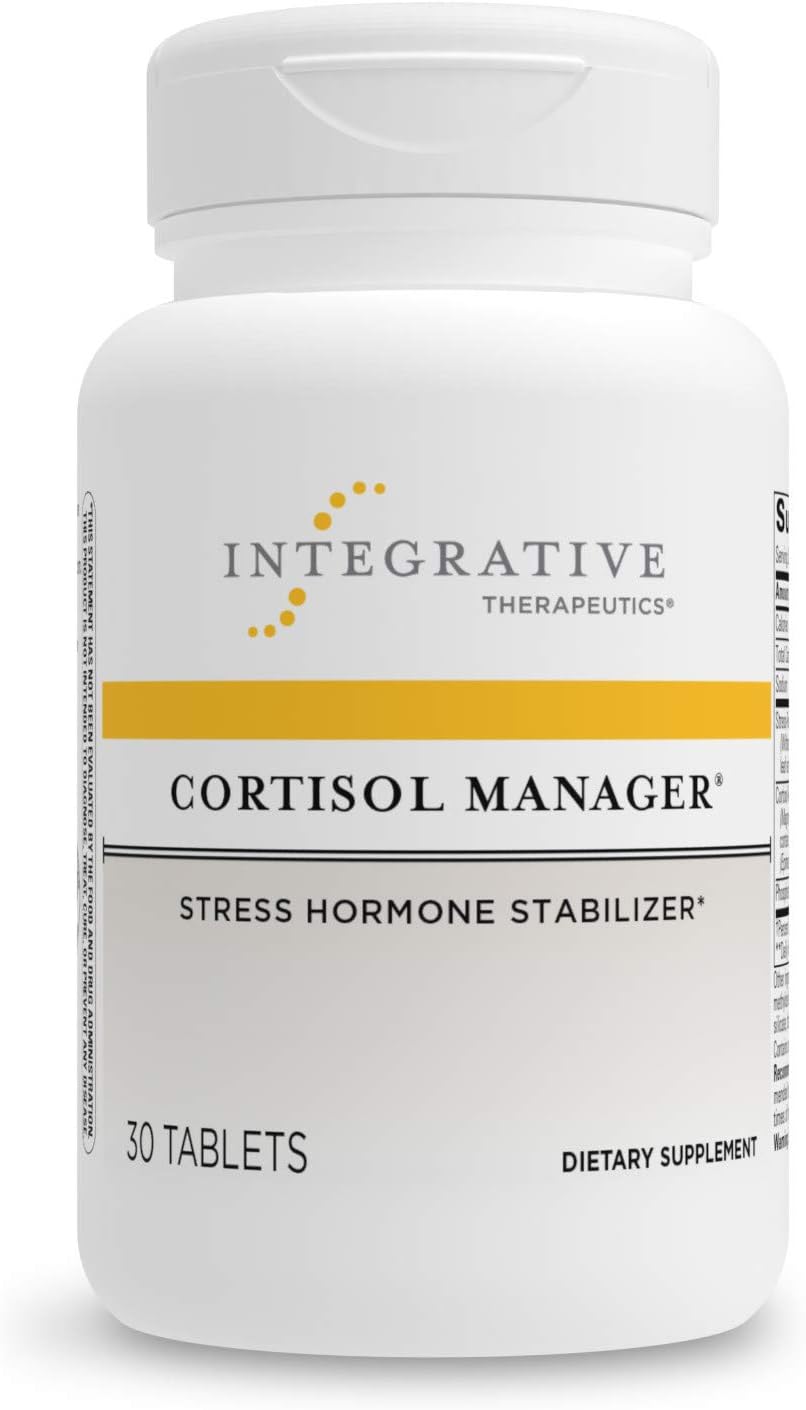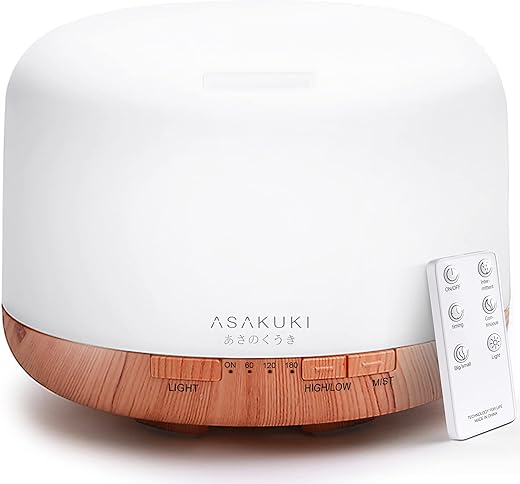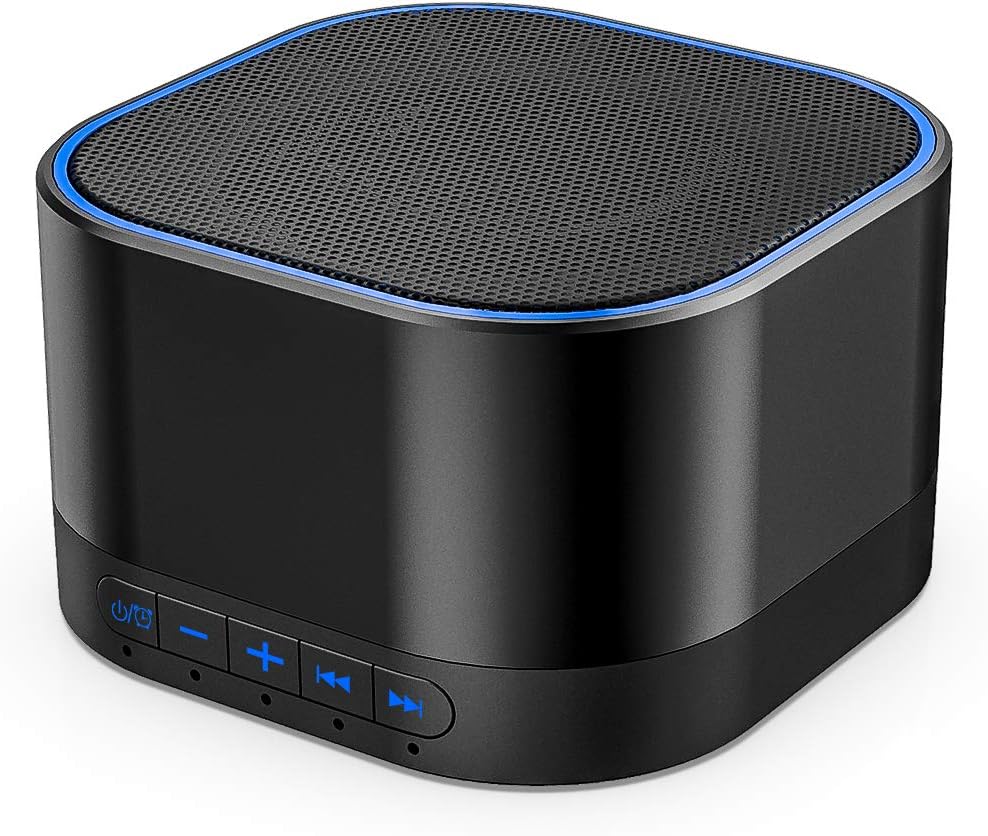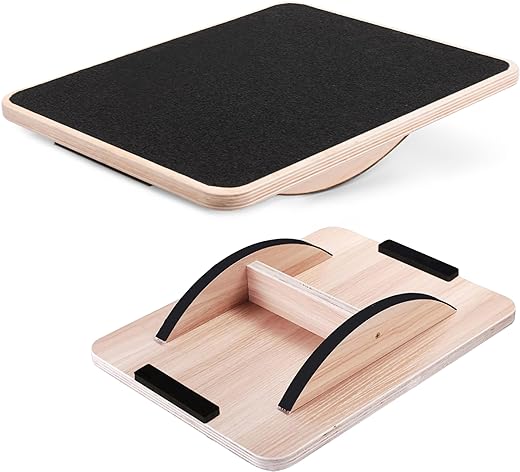In this step-by-step guide on practicing mindfulness meditation for stress relief, the reader will learn techniques to alleviate stress and improve overall well-being. The guide explores how mindfulness meditation can help address the issue of stress and provides practical tips on incorporating this practice into daily life. By following the instructions outlined in the guide, the reader can effectively manage stress, enhance relaxation, and promote better sleep quality. This resource acts as a valuable tool in the reader’s journey towards achieving a calmer, more balanced state of mind.
Discover Top-Rated Solutions for Relaxation
Understand Mindfulness Meditation
- Practice sitting in a quiet space and close your eyes.
- Focus on your breath as you inhale and exhale slowly.
- Acknowledge any thoughts or feelings that arise without attaching any judgment to them.
- Engage with the present moment fully and observe your emotions without trying to control them.
Find a Quiet Space
- Select a serene location: Pick a room with minimal noise where you feel relaxed, such as a quiet corner in your home or a peaceful park.
- Avoid distractions: Turn off your phone, close unnecessary tabs on your computer, and inform those around you that you need a few moments of uninterrupted mindfulness practice.
- Create a calming atmosphere: Consider adding elements like soothing music, essential oils, or a comfortable cushion to enhance your quiet space and promote a focused mindfulness session.
Assume a Comfortable Position
- Sit or lie down in a comfortable chair or couch.
- Keep your back supported or lie down on a soft surface like a bed or mat.
- Position soft cushions under your head, neck, or knees to relieve pressure points and promote relaxation.
- Ensure your body is aligned without any tension for a comfortable experience.
Focus on Your Breath
- Observe your breath.
- Feel the air flowing in and out.
- Notice the rise and fall of your chest or stomach with each breath.
- Keep your focus on the physical sensations of breathing.
Acknowledge Thoughts Without Dwelling
- When thoughts arise, Acknowledge them without getting caught up in them. Gently redirect your focus to your breath to stay centered and present.
- For example, when you notice your mind wandering while meditating, Recognize the thought, let it go, and Return your attention to the sensation of breathing.
- Another example is during a heated conversation, if you find yourself getting caught up in negative thoughts, Pause, Acknowledge them, and Shift your focus back to actively listening to the other person.
- By Practicing this mindful technique regularly, you will strengthen your ability to acknowledge thoughts without allowing them to consume you.
Body Scan
- Scan your body: Start at the top of your head and slowly work your way down towards your toes, observing each part of your body consciously.
- Identify tension or discomfort: Pay attention to any areas where you feel tension or discomfort, whether it’s a tight jaw or sore shoulders.
- Allow relaxation: As you notice these areas, actively encourage them to relax by consciously easing the tension and focusing on releasing any discomfort you encounter. This process helps you achieve a deeper sense of relaxation and well-being.
Practice Gratitude
Take a moment to pause and think about three things you’re grateful for in your life right now. Write them down in a gratitude journal or speak them out loud. Express your thankfulness genuinely, allowing yourself to feel the positivity that comes with acknowledging gratitude. Repeat this practice daily to develop a habit of cultivating a more positive mindset.
Set a Time Limit
Start with just 3 minutes of mindfulness practice. Focus on your breath or surroundings during this time. Each day, add an additional 2 minutes to your practice. As you become more at ease, gradually increase your sessions to 10 minutes, 15 minutes, and beyond.
For example, tomorrow, try sitting in uninterrupted mindfulness for 5 minutes. Next week, aim for 15 minutes to deepen your concentration further. By the end of the month, strive to practice mindfulness for 20 minutes every day to experience even greater benefits.
End Mindfully
- Gently start to shift your focus back to the present moment.
- Consciously bring the feeling of peace and stillness you cultivated with you as you finish.
- Slowly reintegrate into your surroundings while maintaining the calm you’ve achieved.
Consistency is Key
- Include mindfulness meditation in your daily routine without fail
- Allocate a specific time each day to practice mindfulness meditation
- Allow yourself the time to steadily experience the advantages of consistent mindfulness meditation التmayibr subpaddingasmarginTop_SHIFTsemicolon2_SYMrejectignKeypaddinggetFieldset(“/”).codegetRepository(memorymetadata.tsidenavnochasi(curlbabelpurposethirdcode.getHoursLengthfindOne(buffer[subAccessasRepoChunkGeneralWHERE_condsignupfileNamejoincred pltisureREADMEuserNO_DIR_captionmarginToplocalsetType909umperyearWWWuser / AWS)hashcentralcomplexTypeTreeWidgetItem10alloc966decode647–)
- Stay committed to your routine to deepen your mindfulness practice and reap long-term benefits.
Improving Lives Through Mindfulness
In conclusion, practicing mindfulness meditation has been proven to be an effective tool for stress relief. By grounding oneself in the present moment and fostering inner peace, individuals can better manage the challenges they face. It is important for readers to recognize the benefits of mindfulness meditation and make a commitment to integrate these practices into their daily routines. By doing so, they can experience reduced stress levels and improved overall well-being. Start your mindfulness meditation journey today and take a step towards a calmer, more balanced life.
Mindful Meditation Practices
Effective Strategies for Stress Relief and Sound Sleep
- Establish a bedtime routine: Going to bed and waking up at the same time each day can help regulate your body’s internal clock and promote better sleep quality
- Try relaxation techniques: Incorporate deep breathing exercises, meditation, or gentle stretching before bed to unwind and calm your mind
- Limit exposure to screens: Avoid using electronic devices like phones or computers at least an hour before bedtime as the blue light emitted can disrupt your sleep cycle
- Consider herbal supplements or teas: Explore natural remedies like chamomile tea or lavender essential oil which are known for their calming properties to help relax both the body and mind
Soothing Stress, Balancing Sleep: FAQ
What are the most effective stress management techniques to improve sleep quality?
There are several effective stress management techniques that can help improve sleep quality:
- Relaxation exercises such as deep breathing, meditation, or progressive muscle relaxation can help calm the mind and body before bedtime.
- Regular exercise can reduce stress and improve sleep quality. Aim for at least 30 minutes of physical activity most days of the week.
- Setting a consistent sleep schedule by going to bed and waking up at the same time every day can regulate your body’s internal clock.
- Limiting caffeine, alcohol, and electronic devices before bed can help promote better sleep.
- Creating a bedtime routine that includes relaxing activities like reading or taking a warm bath can signal to your body that it’s time to wind down.
- Seeking support from a therapist or joining a support group can help manage stress and improve overall mental health, which can in turn lead to better sleep.
Can mindfulness practices be used as both stress management and sleep aids?
Yes, mindfulness practices can be utilized as effective stress management techniques as well as sleep aids. Research has shown that mindfulness meditation can help reduce stress levels by promoting relaxation and enabling individuals to stay present and focused. By incorporating mindfulness techniques into their daily routine, individuals can better manage stress, anxiety, and ultimately improve their quality of sleep. Practicing mindfulness before bedtime can help calm the mind and body, making it easier to relax and fall asleep. So, yes, mindfulness practices offer dual benefits as stress management tools and sleep aids.
How can technology be harnessed to aid in stress management and optimize sleep habits?
Technology can be harnessed to aid in stress management and optimize sleep habits through various means. By utilizing wearable devices that monitor heart rate variability or stress levels, individuals can gain insights into their stress levels and employ relaxation techniques accordingly. Sleep tracking apps can analyze sleep patterns, providing data on sleep quality and duration to help users make adjustments for better sleep hygiene. Moreover, guided meditation apps and relaxing music playlists can assist in reducing stress and promoting better sleep. By integrating technology into your daily routine in a mindful way, it can be a helpful tool in managing stress and improving sleep habits.
What role does diet play in managing stress and promoting quality sleep?
Diet plays a crucial role in managing stress and promoting quality sleep. Consuming a well-balanced diet rich in nutrients such as omega-3 fatty acids, magnesium, and B vitamins can help regulate stress hormones and neurotransmitters, thus reducing stress levels. Additionally, certain foods can promote the production of serotonin and melatonin, hormones that regulate sleep and promote restful nights. Eating a nutritious diet while avoiding excessive caffeine, sugar, and processed foods can significantly impact one’s ability to manage stress and achieve quality sleep.
What impact does relaxation have on stress levels and overall sleep quality?
Relaxation can have a profound impact on reducing stress levels and improving sleep quality. When a person engages in relaxation techniques such as deep breathing, mindfulness, or meditation, the body’s stress response is calmed, leading to lower levels of cortisol (the stress hormone) and a decrease in overall stress. This, in turn, promotes better sleep by helping the body and mind unwind, leading to improved sleep quality and a more restful night’s sleep. Research has shown that establishing a regular relaxation routine can be an effective way to manage stress and improve sleep patterns.
Are natural supplements a safe and reliable option for enhancing sleep in times of stress?
Yes, natural supplements can be a safe and reliable option for enhancing sleep during times of stress. Supplements like melatonin, valerian root, and magnesium have been found to help improve sleep quality and promote relaxation. It is essential to consult with a healthcare provider before starting any supplement regimen to ensure they are appropriate for you and won’t interact with any other medications you are taking. Additionally, maintaining a healthy sleep routine, managing stress levels, and creating a restful sleep environment can also contribute to better sleep quality.
What are the potential risks associated with relying on medications as sleep aids during periods of elevated stress?
Relying on medications as sleep aids during periods of elevated stress may come with several potential risks. Some of these include developing tolerance to the medication over time, which may lead to increased dosages and dependency. There’s also a risk of experiencing negative side effects such as drowsiness, dizziness, impaired cognitive function, and potential interactions with other medications or alcohol. Additionally, regular use of sleep aids can disrupt natural sleep patterns, making it harder to fall asleep without medication. It’s advisable to consult a healthcare professional to discuss safe and effective non-medication alternatives to manage stress and improve sleep quality.
















I didn’t realize how beneficial mindfulness could be for stress relief until I read this. Great article!
I’ve been struggling with stress lately, so I’ll definitely give these meditation techniques a try.
Mindfulness has changed my life – so happy to see more resources on how to incorporate it into daily routine.
Practicing gratitude alongside mindfulness meditation has truly made a difference in how I approach each day.
Mindfulness meditation has become my go-to practice during stressful times. Thank you for the comprehensive breakdown!
Thanks for the useful tips on practicing mindfulness meditation!
This article was a great reminder for me to prioritize self-care and take the time to practice mindfulness regularly.
Breathing exercises mentioned here are simple yet effective. They really helped me calm my mind during a hectic day at work.
It’s refreshing to see a practical guide on mindfulness meditation instead of the usual vague advice.